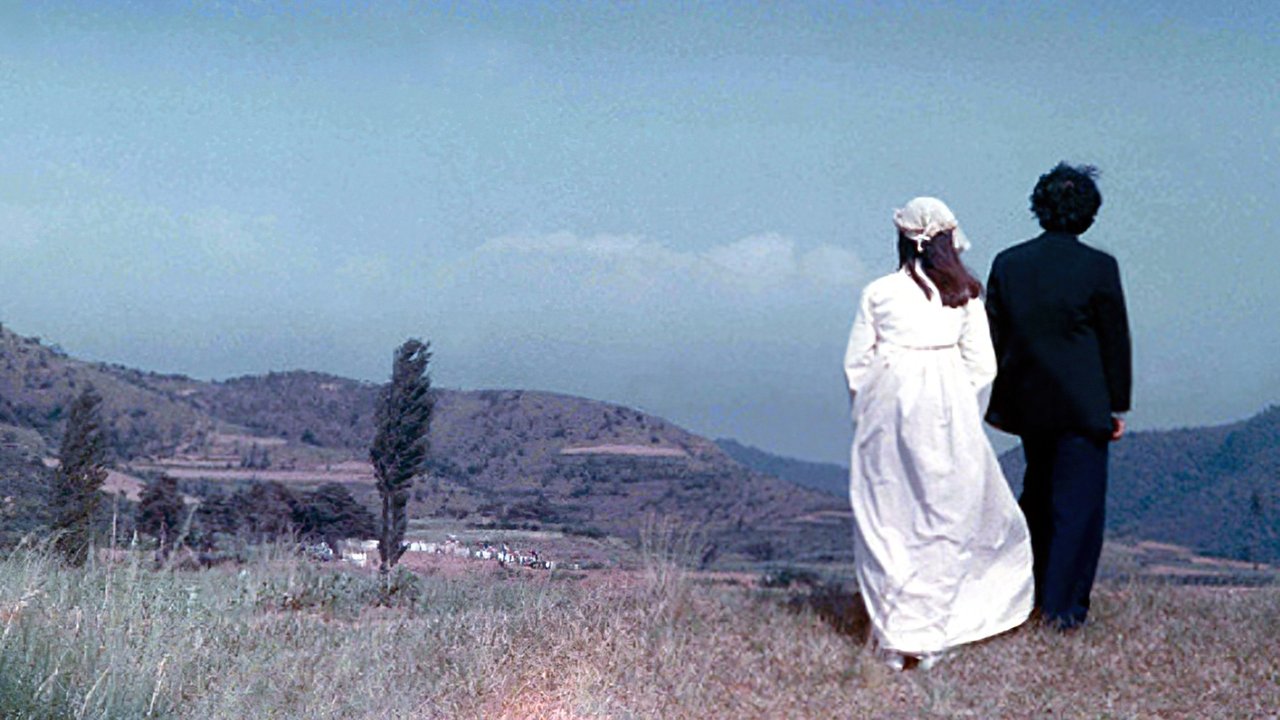
Genealogy (1979)
During the Japanese occupation of South Korea, a Japanese bureaucrat is ordered to persuade an influential Korean patriarch into obeying the law of changing his Korean surname to a Japanese one.

During the Japanese occupation of South Korea, a Japanese bureaucrat is ordered to persuade an influential Korean patriarch into obeying the law of changing his Korean surname to a Japanese one.
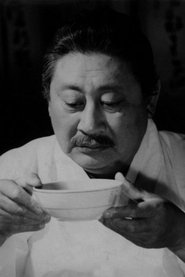 Ju Seon-taeSol Jin-young
Ju Seon-taeSol Jin-young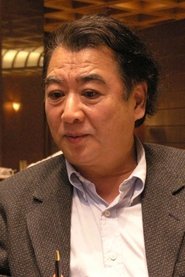 Ha Myeong-jungTani
Ha Myeong-jungTani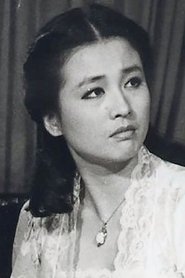 Han Hye-sukOk-sun
Han Hye-sukOk-sun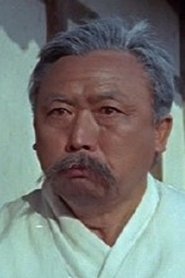 Choi Nam-hyun
Choi Nam-hyun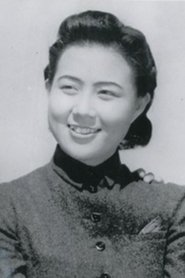 Kim Sin-jae
Kim Sin-jae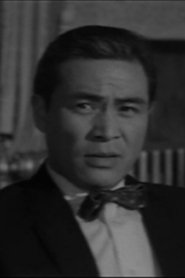 Kim Seok-hun
Kim Seok-hun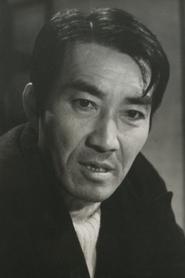 Dokgo Sung
Dokgo Sung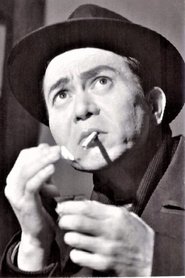 Lee Hyang
Lee Hyang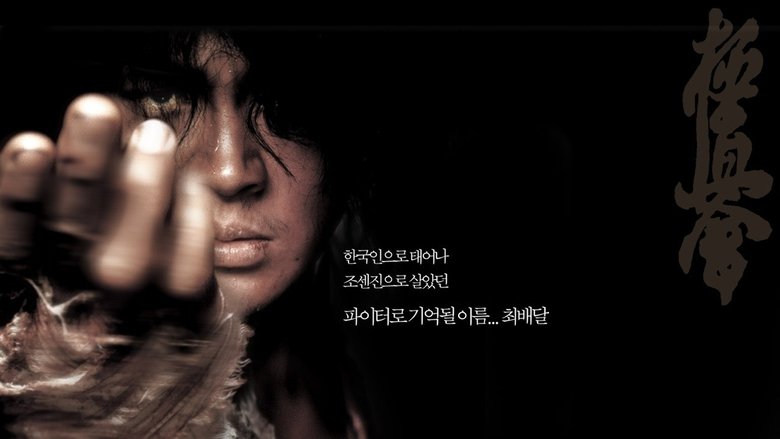
An account of karate competitor Choi Yeung-Eui who went to Japan after World War II to become a fighter pilot but found a very different path instead. He changed his name to Masutatsu Oyama and went across the country, defeating martial artists one after another. This film concentrates on the period when he is still young, and developing his famous karate style, Kyokushin.
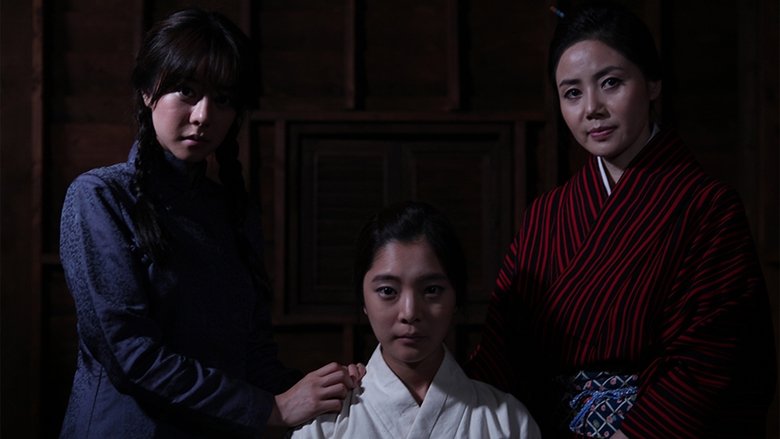
This film tells the story of three young women from South Korea, Japan, and China who were ravaged after becoming comfort women in the Japanese army.
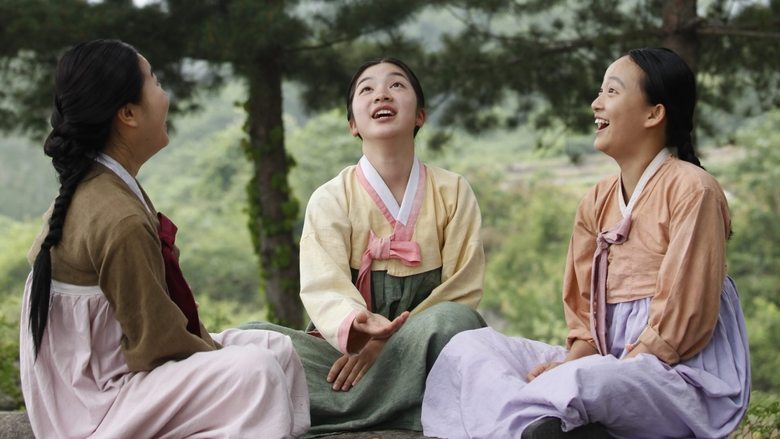
After the Japanese kidnap two Korean teenagers and take them to a comfort station to join other girls who are serving as sex slaves, only one of them survives. Decades later, the elderly woman tries to reunite with her friend's spirit.
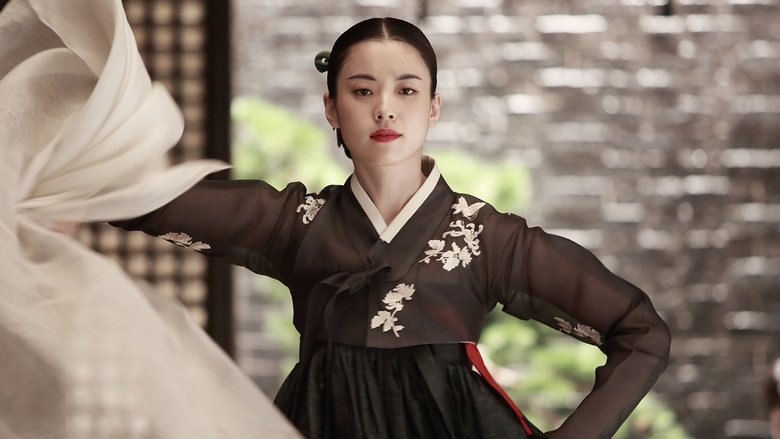
Two best friends, So-yool and Yeon-hee, dream of becoming the top artists in Seoul together. But their friendship doesn't last long as Yoon-woo, So-yool's first love and songwriter, falls in love with Yeon-hee and her voice. So-yool's feeling of jealousy and inferiority towards Yeon-hee grows by the day, and she eventually makes a drastic decision to bring the two lovers down.
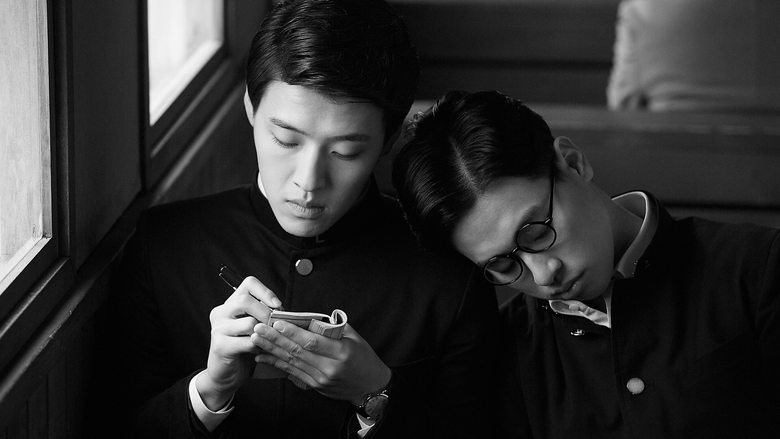
Based on a true story, renowned Korean poet, Yun Dong-ju, is detained and abused by the Japanese for participating in the Korean Independence Movement.
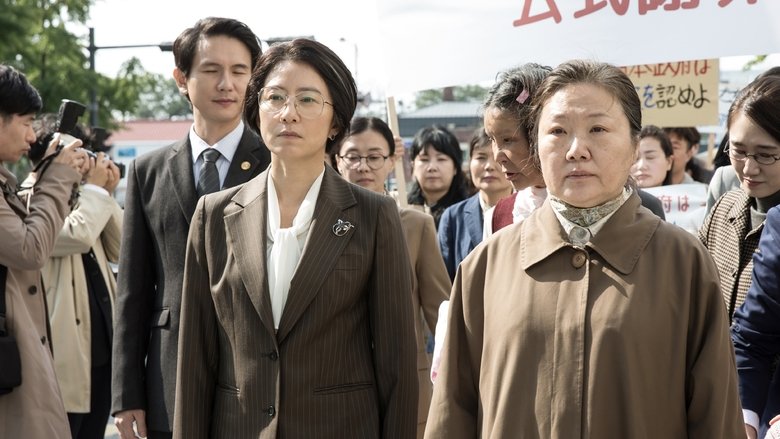
A true story of a six-year-long legal conflict of 10 comfort women and 13 attorneys against 200 Fukuoka supporters association.
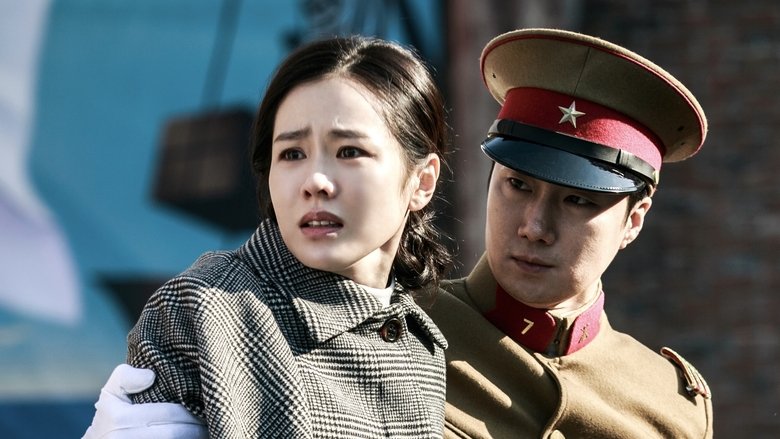
Under the oppressive Japanese colonial rule, Deok-hye, the last Princess of the declining Joseon Dynasty, is forced to move to Japan. She spends her days missing home, while struggling to maintain dignity as a princess. After a series of failed tries, Deok-hye makes her final attempt to return home with help of her childhood sweetheart, Jang-han.
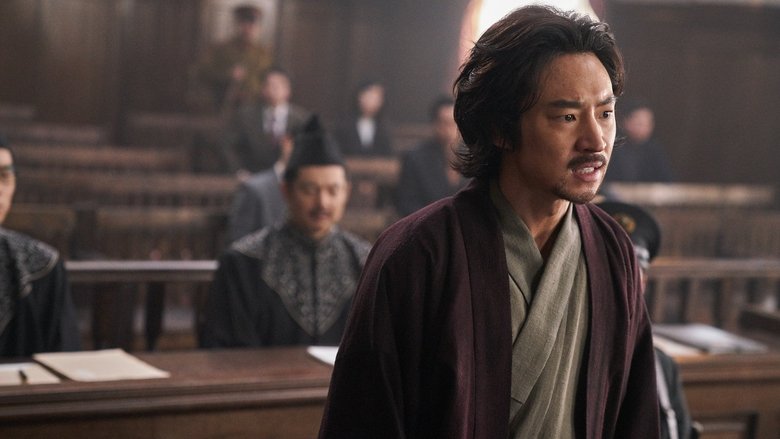
Based on the life of the Korean anarchist Park Yeol, the film shows his struggle to counter the massacre of Koreans by the government during the 1923 great Kanto earthquake, focusing on his activities as the leader of the anti-Japanese organization Bulryeongsa and his relationship with Japanese comrade Fumiko Kaneko.
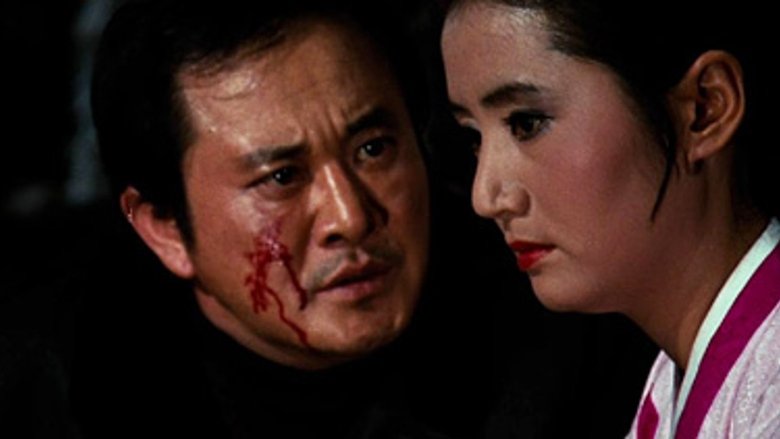
A patriot Park No-Hun is dispatched by Shanghai Provisional Government for Independence to assassinate members of the House of Council. In this situation Young-Kuk, brother of Hyeon-Ju who is a kisaeng of Myeong Wol Kwan, is jailed and Choi Chil-Yong, an inspector of Japanese Higher Police Department, is in agony of difficulties between Korea and Japan. Shin Yun-Il, a member of the council falls in love with a kisaeng whose name is Jeong-Mi. All of these are going their way under the influence of phases of the times such as carrying out colonial policies and each of them is linked complicatedly and causes troubles. After all their efforts concentrated on Independence of Korea, and Park No-Hun carried out his mission with help of 5 kisaengs of Myeong Wol Kwan. Finally he leaves for Shanghai with them.
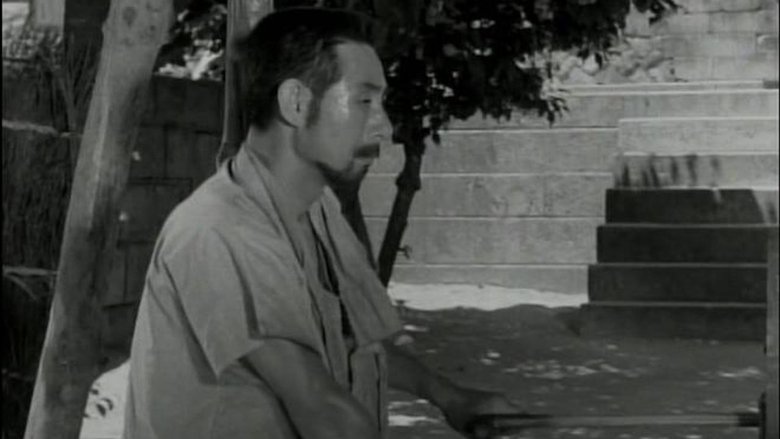
An elderly bell maker reminisces about his life filled with tragedy.
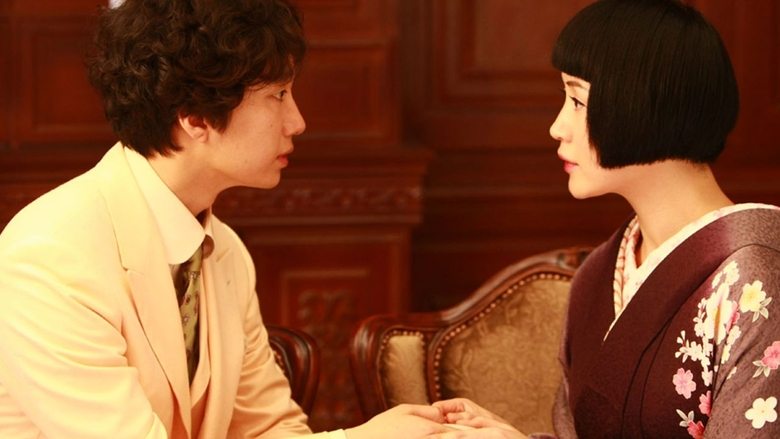
During the Japanese occupation, a Korean modern boy, who wants to fit in with the Japanese, falls in love with a Korean freedom fighter.
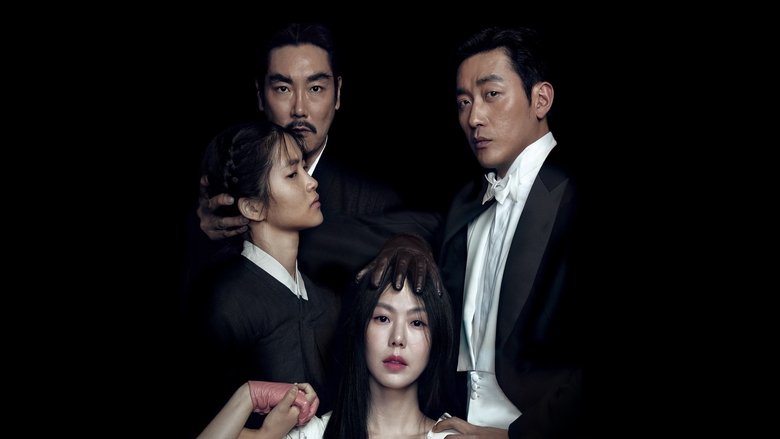
1930s Korea, in the period of Japanese occupation, a new girl, Sookee, is hired as a handmaiden to a Japanese heiress, Hideko, who lives a secluded life on a large countryside estate with her domineering Uncle Kouzuki. But the maid has a secret. She is a pickpocket recruited by a swindler posing as a Japanese Count to help him seduce the Lady to steal her fortune.
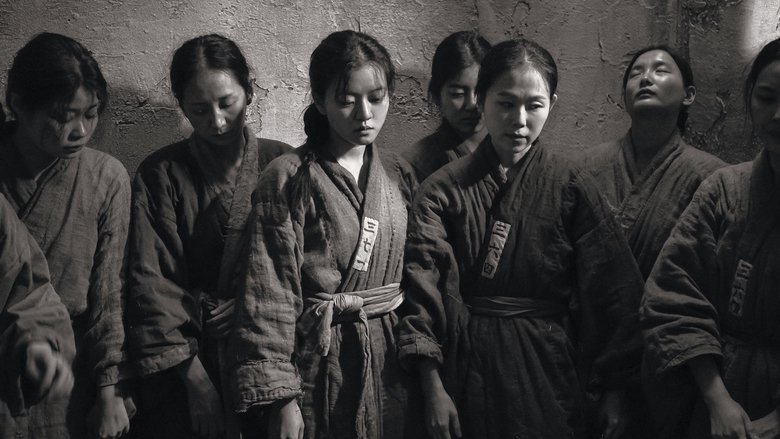
17-year-old Yu Gwan-Sun participates in the Korean independence movement. The country is under the rule of Japan, which annexed the country in 1910.
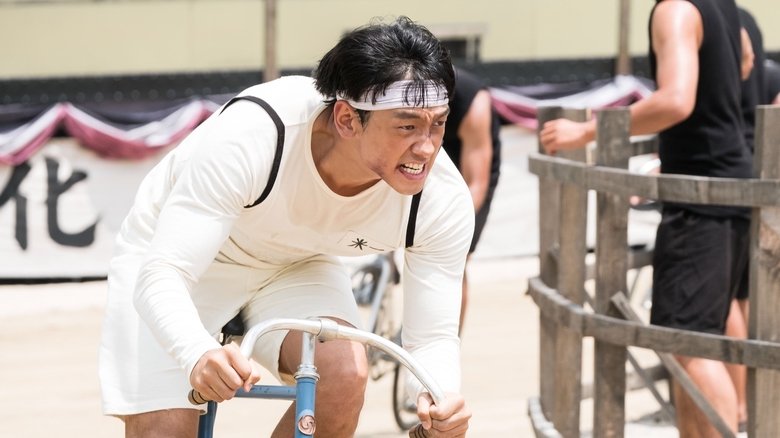
During the Japanese colonial rule of Korea, while people are in despair, Jae-ho tries to raise morale by winning cycle championship. Bok-dong, who started cycling with Jae-ho just to make a forture, becomes a symbol of hope for Koreans by defeating Japanese cyclists.
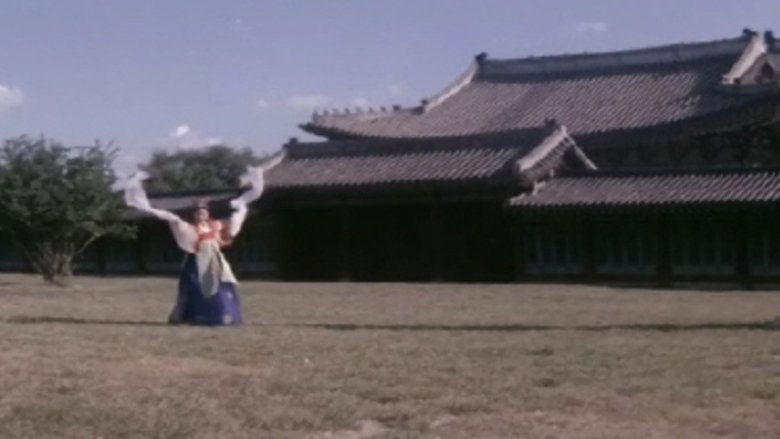
A Japanese fine art teacher helps a Korean independence fighter to escape from a threat of being arrested by the Japanese police. The Korean man introduces him a gisaeng (Koran geisha) who learned Korean traditional court dance and he falls in love with her. However she hates Japanese because her parents were killed in the war.
A man wanders around the mountains with a bleeding leg, holding a rifle in his hand. Seemingly a fugitive, he runs from as-yet unknown pursuers, but he also seems to be following somebody who has already walked the same path. As he hides in a secluded cave, past memories sweep through his exhausted mind, memories of lifelong cowardice and evasion. And this recollection leads to a reconstruction of early 20th century Korean history. Winner of Best Picture (Nam-a Pictures Co., Ltd.), Best Actor (Ha Myung-joong), Best Art Direction (Kim Yoo-joon), Best Lighting (Son Young-cheol) at the 14th Grand Bell Awards. (source: Jiro Hong, koreanfilm.org)
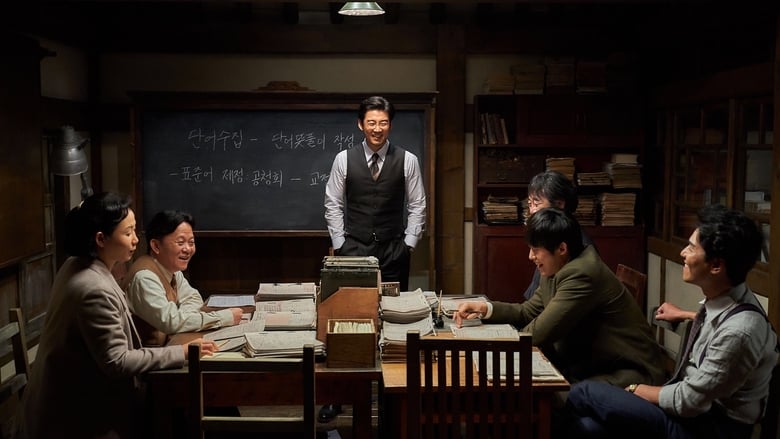
During the Japanese occupation of Korea, the Japanese Empire seeks to eradicate the Korean language and identity. In retaliation, a small group of Korean patriots try to protect their language by compiling the first Korean language dictionary.
At the end of 1944, Japanese imperialists stuck to nothing to reverse the war situation as they were defeated in war. They recruited young people by force to use them as student soldiers and drafted workers while they took women to use as comfort women by force. The girl who has lived in a town on the border between Jeon Ra Do and Kyeong Sang Do was kidnapped by armed Japanese army. She was dispatched to a front of the Philippines where she went through miserable pains that weren't understandable not only for as human being but also as women. Her dream was to marry Young-Su of the next door school and to be a good mother who has a son and two daughters.
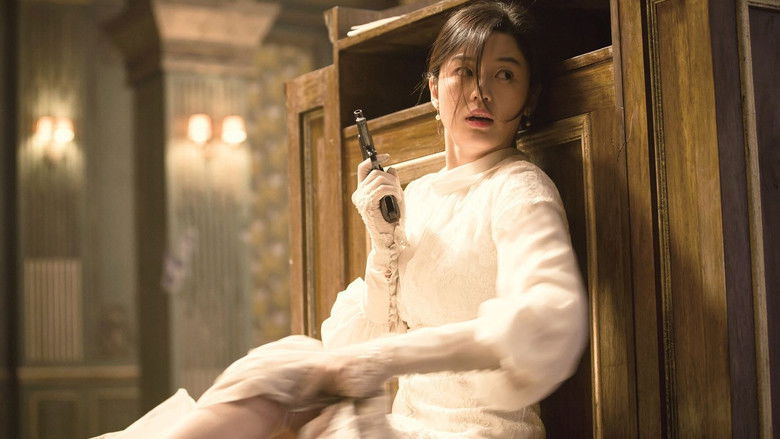
In Japanese-occupied Korea, three freedom fighters are assigned a mission to assassinate a genocidal military leader and his top collaborator. But the plan goes completely awry amidst double-crossings, counter-assassinations, and a shocking revelation about one of the assassins' past.
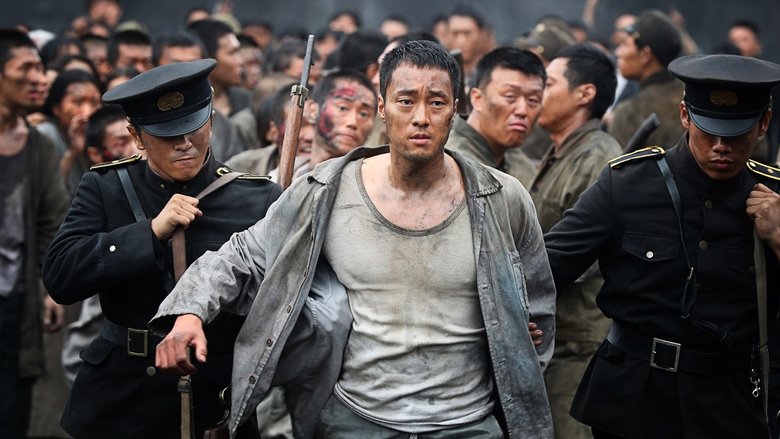
During the Japanese colonial era, roughly 400 Korean people, who were forced onto Battleship Island 'Hashima Island' to mine for coal, attempt to escape.